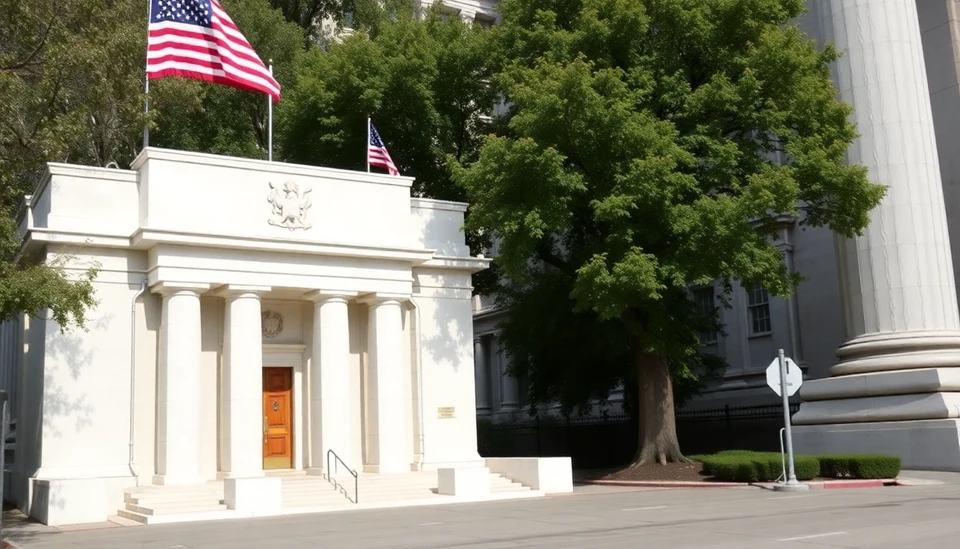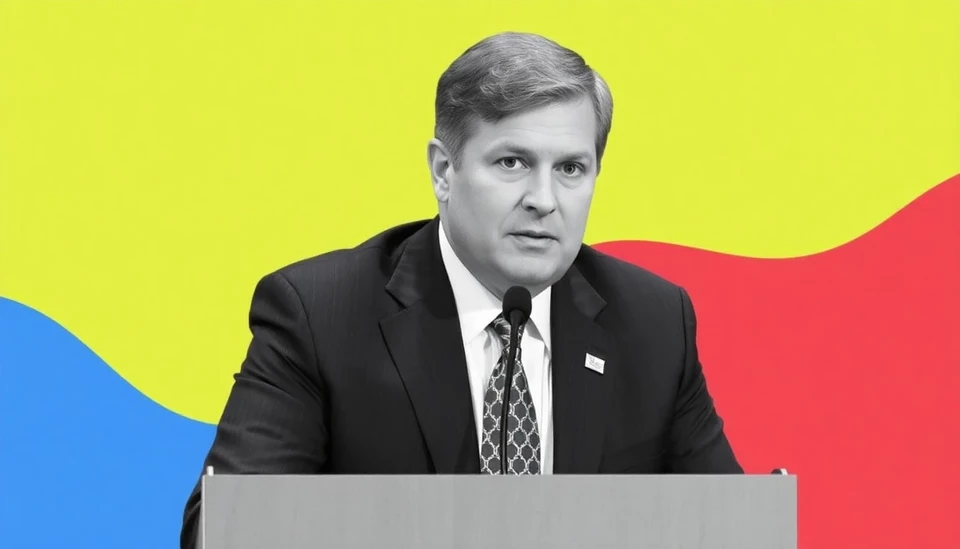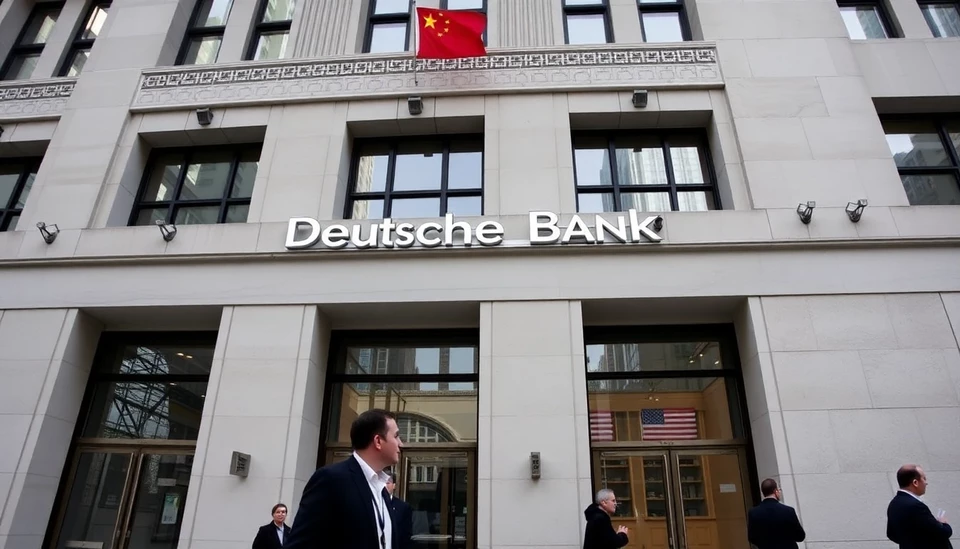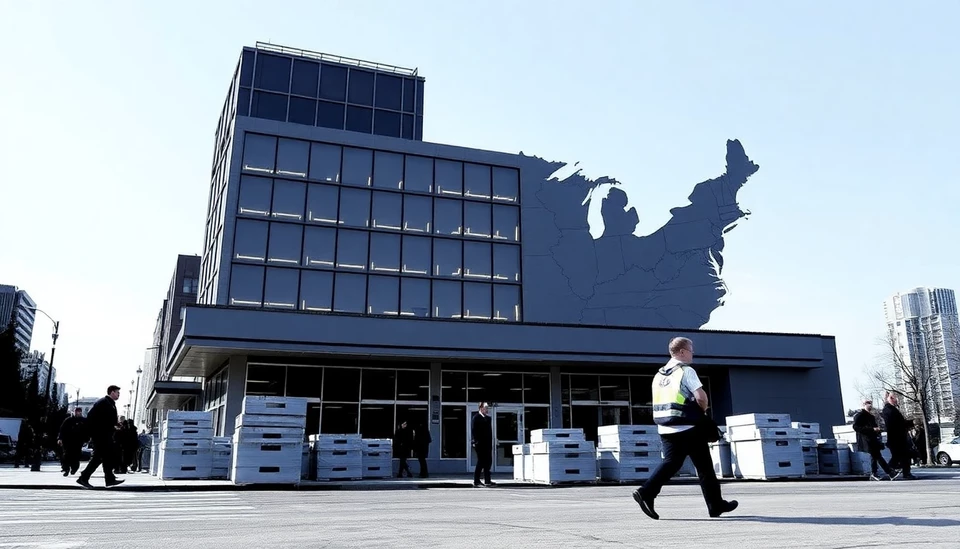
The U.S. economy has exhibited remarkable resilience in 2024, surprising analysts and observers alike with its ability to withstand challenges such as Federal Reserve policies and ongoing political drama surrounding the presidential election. Despite fears of a slowdown, multiple indicators suggest that the economy is not only remaining stable but is also showing signs of growth.
At the heart of the economic landscape, consumer spending has continued its upward trend, bolstered by a labor market that remains strong. Unemployment rates have stayed low, and job creation has persisted, reflecting a robust demand for labor across various sectors. This dynamic is further enhanced by consumers' confidence, which has seen a positive shift, encouraging households to spend rather than save.
Furthermore, data from various economic reports reveal that inflation rates have moderated, easing some of the pressures that both consumers and businesses faced in the past years. The Federal Reserve's interest rate hikes, intended to combat inflation, have had a more tempered impact than initially feared. Analysts are now reevaluating their projections regarding growth, with many reports indicating an unexpected uptick in GDP, debunking earlier fears of a potential recession precipitated by the central bank's tightening policies.
Highlighting this resilience is the thriving housing market, which, although impacted by previous interest rate increases, has begun to show signs of recovery. Home sales have rebounded, and construction activity is gaining momentum, spurred by falling mortgage rates. This resurgence plays a crucial role in sustaining economic growth and contributing to consumer wealth.
The political sphere, rife with uncertainty due to the upcoming presidential election, has not deterred economic activity as was once anticipated. While political debates and campaigns often cause fluctuations in market sentiment, the fundamentals of the economy are proving strong enough to withstand such turbulence. Businesses are adapting to the changing environment, maintaining their growth trajectories irrespective of political drama.
Additionally, the backdrop of global economic conditions has had its implications, but the U.S. economy appears to be somewhat insulated from external shocks. While international trade issues and geopolitical tensions remain points of concern, domestic consumption is driving the economy forward, ensuring that the U.S. maintains its edge in a rapidly evolving global landscape.
As the year draws to a close, economists and policymakers will be closely watching how these trends develop, particularly in relation to the Federal Reserve's actions in early 2025 and the outcome of the election. The lingering question remains: will this momentum sustain into the coming year? For now, the unexpected strength of the economy offers a glimmer of hope amidst uncertainty.
In conclusion, the resilience of the U.S. economy in 2024 stands out as a testament to the strength of consumer confidence, the labor market's stability, and effective monetary policy adjustments, all of which have contributed to an economic climate that continues to defy expectations.
#USEconomy #Resilience #FederalReserve #EconomicGrowth #ConsumerSpending #PresidentialElection #InflationControl #HousingMarket #JobMarket #2024Trends
Author: Daniel Foster




